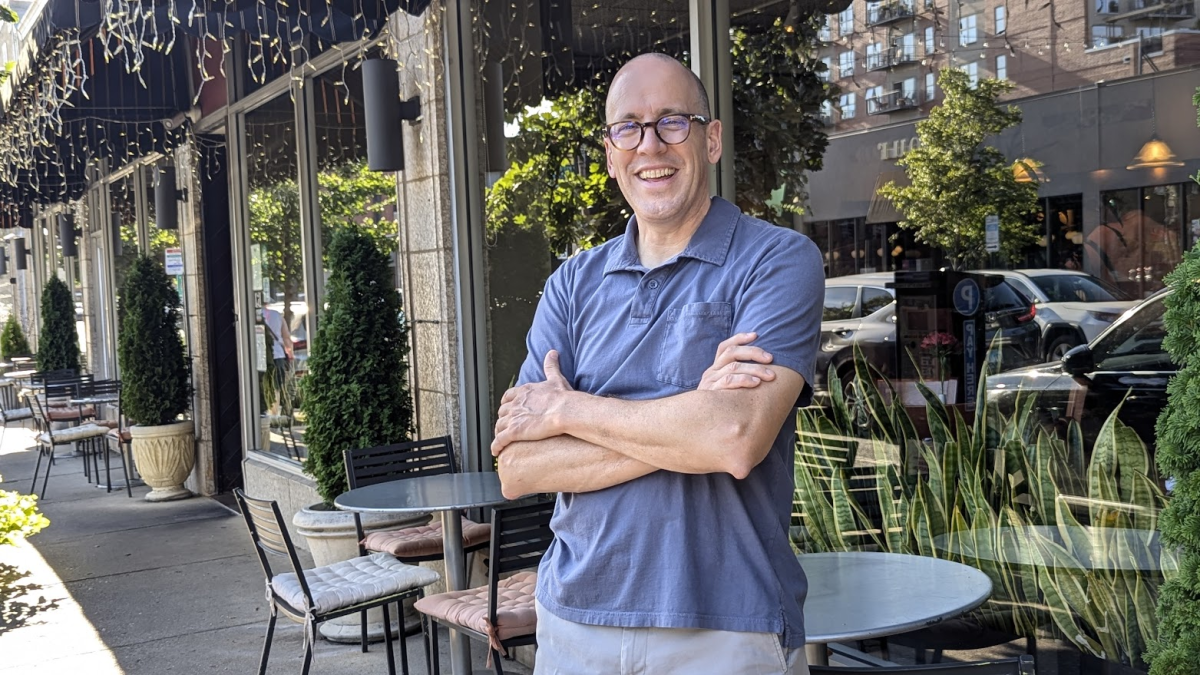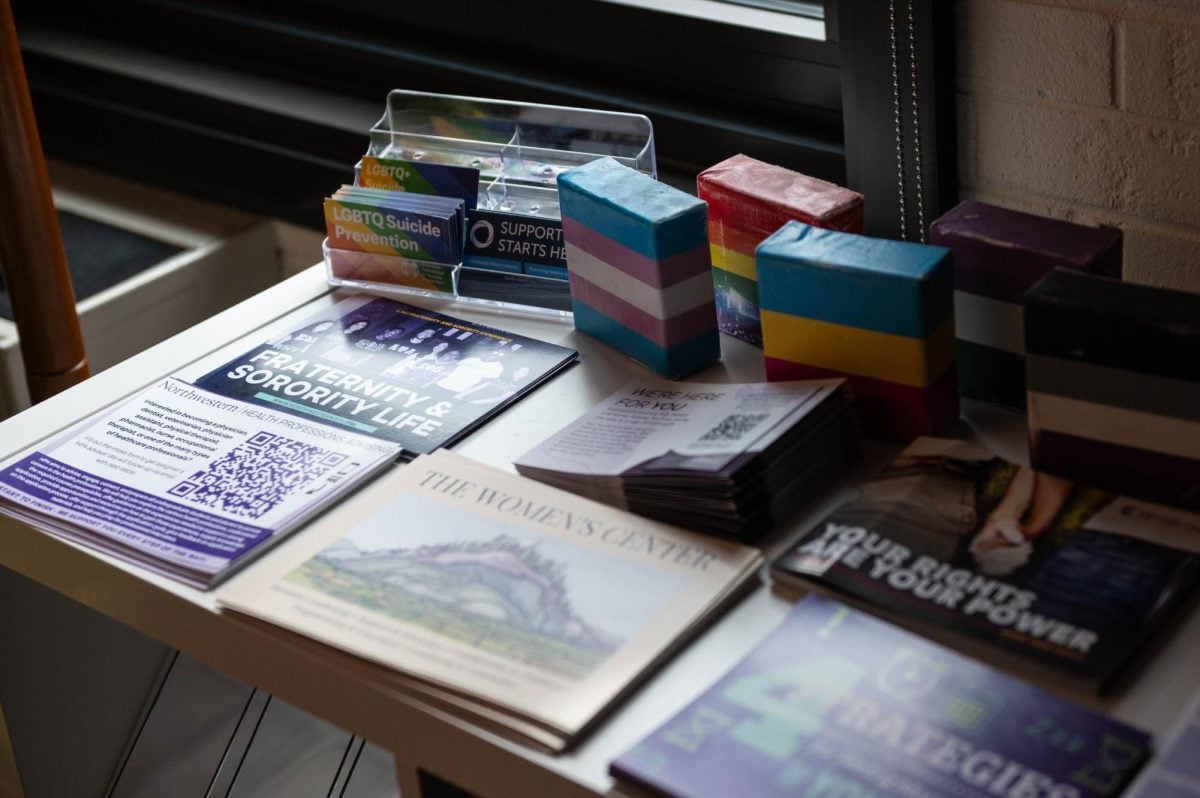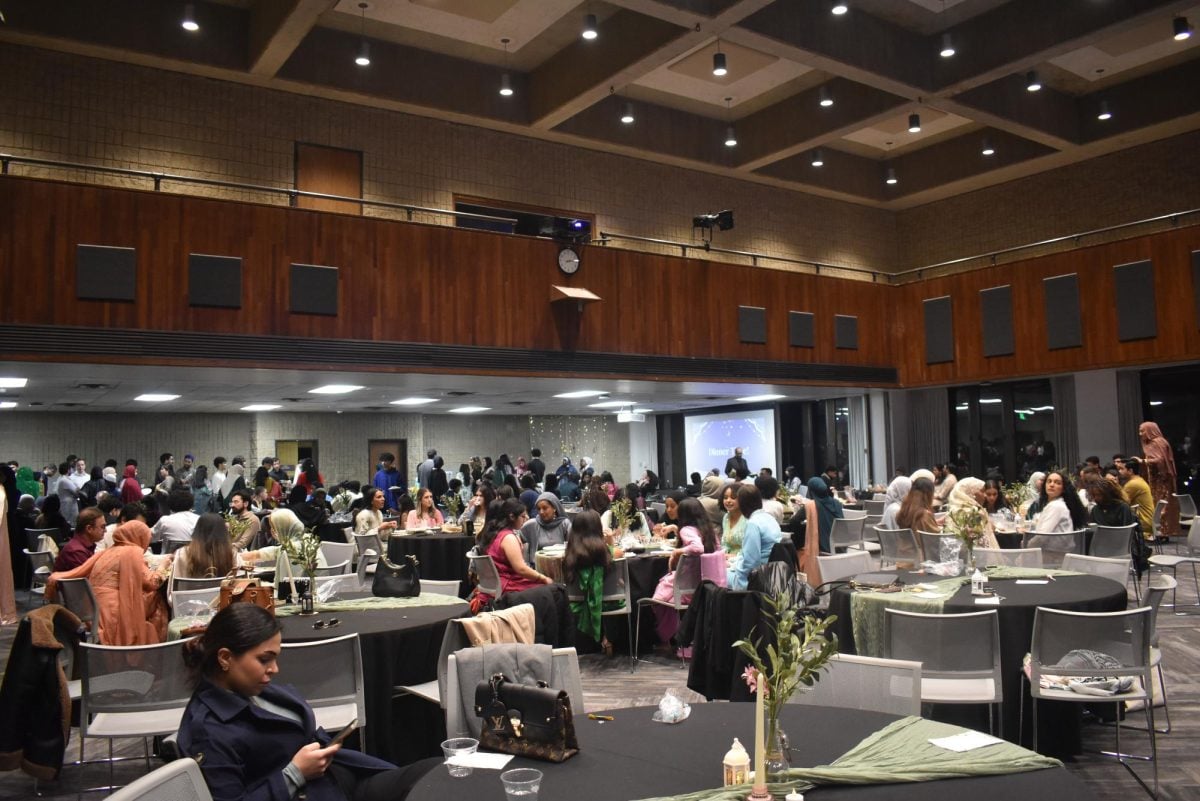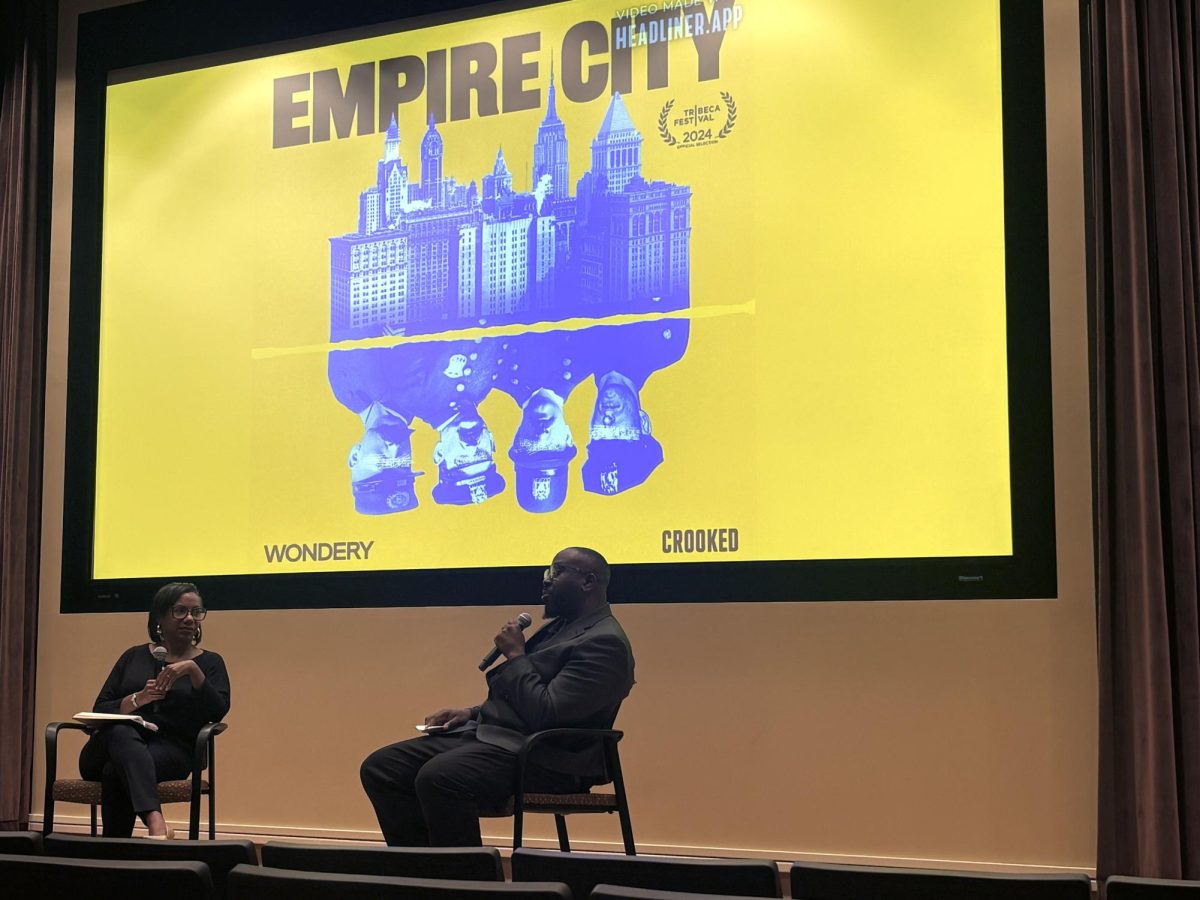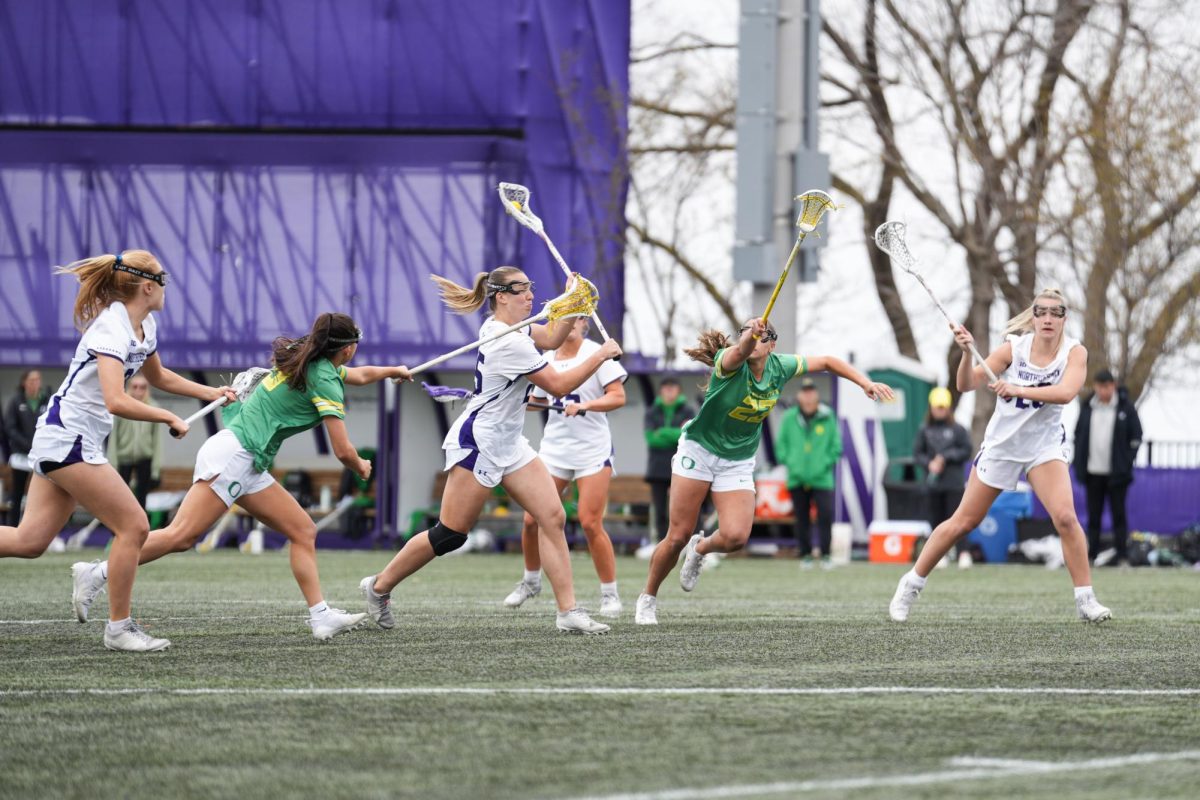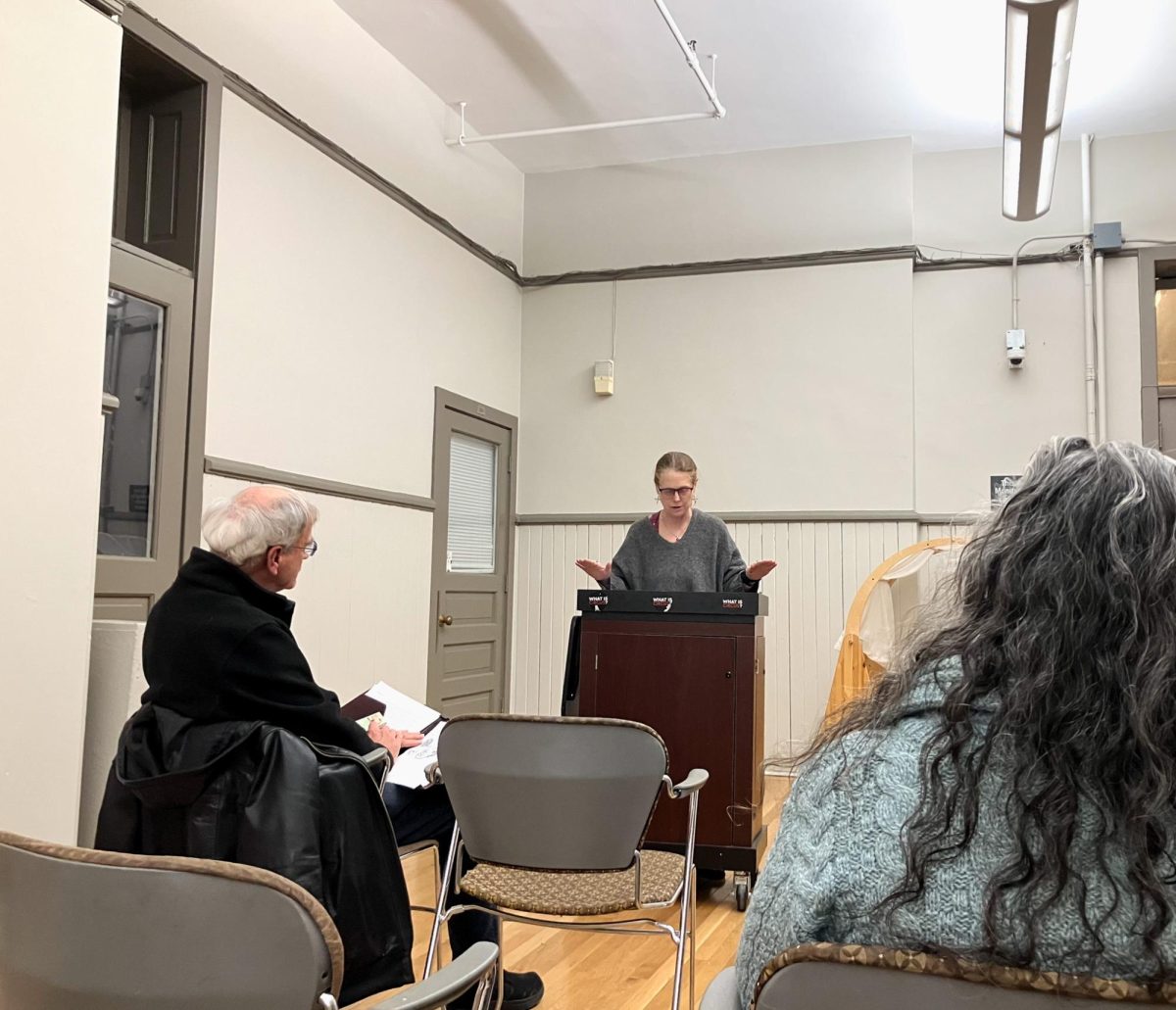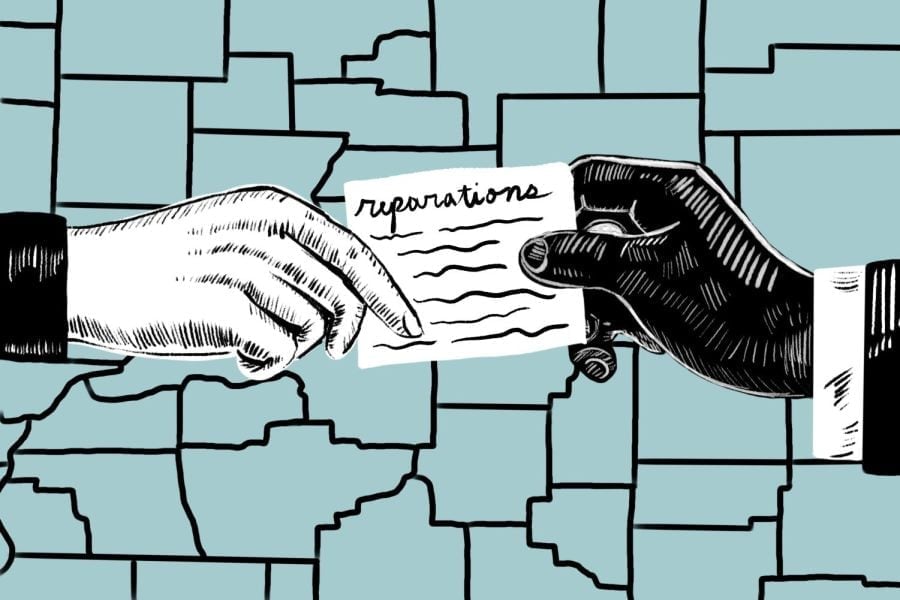Evanston Public Library hosted “Why and How We Fight: New Perspectives on the Causes and Costs of America’s Wars,” with Columbia University Prof. Elizabeth Saunders and University of Minnesota Prof. Tanisha Fazal Wednesday evening.
About 50 peole attended the event, which was co-sponsored by the department of political science at Northwestern. Political science Profs. Danielle Gilbert and Stephen Nelson contributed to the conversation. Gilbert also led a Q&A session afterward.
Saunders’ book, “The Insiders’ Game: How Elites Make War and Peace,” and Fazal’s book, “Military Medicine and the Hidden Costs of War,” were both released in late March.
Gilbert said the goal of the event was to promote the books and help bridge the gap between NU and Evanston.
Saunders and Fazal are both contributing writers at Good Authority, a political science blog led by professors across the country. Saunders also serves as an editor.
At the event, Saunders spoke about the group of “elites” whom her book is centered around. She said three kinds of people belong to the group: members of Congress, military leaders and advisers and bureaucrats.
Saunders argued that although such people are elected to make decisions on behalf of laymen, it doesn’t always work that way.
“As we all know from the principal-agent problem, when you hire an agent to do something, it’s not always the case that they act in the best interest of the principal,” Saunders said.
The book attempts to evaluate why elites take actions that are contrary to public opinion, she said. It also discusses how elites can influence the opinions of leaders and encourage wars that the public may not want, Saunders said.
She added that Democratic leaders frequently gamble with elites to gain support, pointing to the 2002 decision to authorize military force against Iraq that many Democrats voted in favor of in order to “look tough” and run for president in 2004, she said.
“If a Democrat wants to be themselves and be kind of dovish, it’d be really handy to get the endorsement of a hawk,” Saunders said.
Fazal’s book focuses on the hidden costs of military medicine, which comprises the war’s impact on human bodies and the medical response to it, she said.
She said popular narratives in modern media contend that war casualties have decreased due to developments in medicine but that such statements ignore the number of people wounded.
She gave the example of the “wounded-to-kill ratio,” which prior to the 20th century was three to one. During the Iraq and Afghanistan wars, it became one to 10 or one to 17, depending on the source consulted, Fazal said.
“Many more people are coming home having survived wars that they would not have survived in the past, and they are bearing costs … and the government is bearing costs too,” Fazal said. “This idea that there were these hidden costs associated with medical advances is what glued me to write this book.”
Nelson said he feels both books are important to discuss given modern geopolitical conflicts. He was glad the department could host such an event and achieve an impressive turnout, he said.
“It can be hard to get people to turn up to events,” Nelson said. “I learned a lot today and I hope all the people that attended feel the same way.”
Email: mishaoberoi2027@u.northwestern.edu
Related Stories:
— First Presbyterian Church of Evanston hosts panel discussion on Israel-Gaza war
— Sarah Kovner brings new perspective to Japanese POW research





